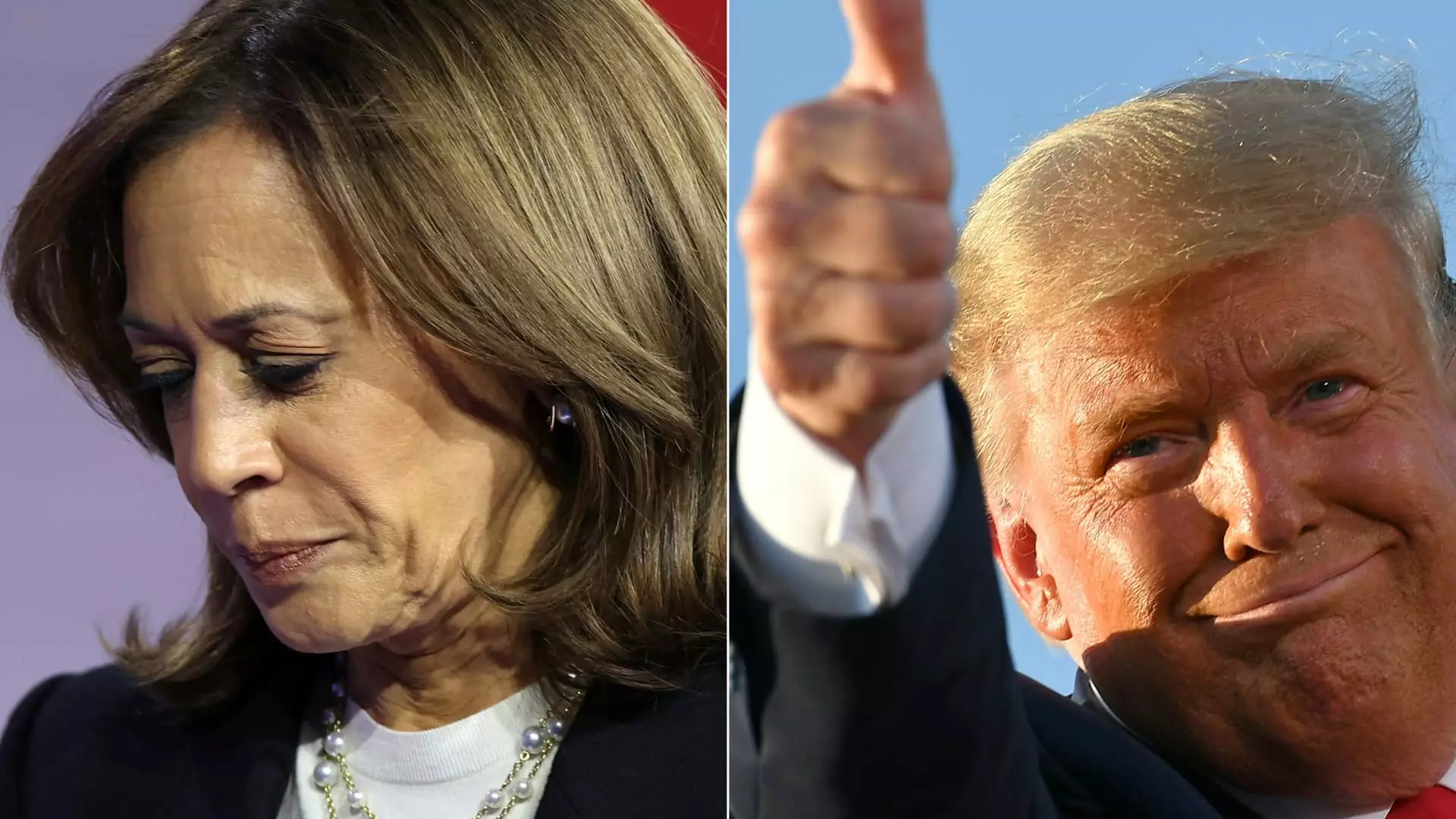Arizona has long served as a bellwether for national political trends, and its recent electoral shifts highlight the complexities of modern American democracy. In the wake of President-elect Donald Trump’s victory in Arizona, a state that had favored President Joe Biden just four years prior, we see a microcosm of the evolving political landscape in the Sun Belt. Trump’s narrow defeat in 2020 was a pivotal moment that set the stage for a dramatic turnaround, as the traditionally Republican-dominated state has increasingly embraced Democratic leadership over recent years.
The last decade has been marked by significant demographic changes in Arizona, particularly the growth of its Latino population, which has begun to play a crucial role in local and national elections. These shifts point to a state that is no longer merely a Republican stronghold, but rather a battleground where political allegiance is increasingly fluid. The election of a Democratic governor and two Democratic senators is not an isolated occurrence but part of a broader trend of increasing political diversity.
In the 2020 presidential race, Arizona became one of the closest contests in the nation, with Biden edging out Trump by a mere 0.3 percentage points—a razor-thin margin that underscores the competitive nature of the state. Such narrow victories signal not only the need for candidates to galvanize specific voter blocs but also reflect the increasing polarization of American society. While Biden’s win marked a significant achievement for Democrats, it also highlighted the fragility of their hold on the state, prompting Republicans to regroup and strategize for future contests.
The aftermath of the 2020 election saw Arizona at the heart of Trump’s unfounded claims of electoral fraud. The state’s Republican party actively promoted these conspiracy theories, which arguably alienated moderate voters and contributed to setbacks in the 2022 midterm elections. The failures of these election-related claims serve as a cautionary tale for candidates as they navigate the polarized political environment.
As we approach the 2024 presidential election, various factors will shape the battle for Arizona’s 11 electoral votes. Polling shows Trump with a slight lead over Harris, yet the margins remain perilously close, indicating a highly competitive race. The Republican surge in voter registration ahead of the election illustrates an energetic party base eager to reclaim lost ground. Trump’s focus on key issues such as immigration and the economy resonates strongly with voters, particularly in a state recently grappling with rising gas prices.
Despite this, Trump’s campaign has faced organizational challenges, being outspent and outmaneuvered by the Harris campaign in several respects. Moreover, the relatively low frequency of Trump’s visits to Arizona compared to other battleground states may become a critical factor in the election’s outcome. As both candidates lay their strategies for engagement, Arizona remains a pivotal player in shaping the trajectory of American politics in the coming years.
Arizona’s role as a battleground state is undeniably significant. Its political landscape will continue to evolve, influenced by demographic changes, voter sentiment, and the national narrative. Observers will likely keep a keen eye on this crucial state as it remains at the forefront of U.S. political transformations.

